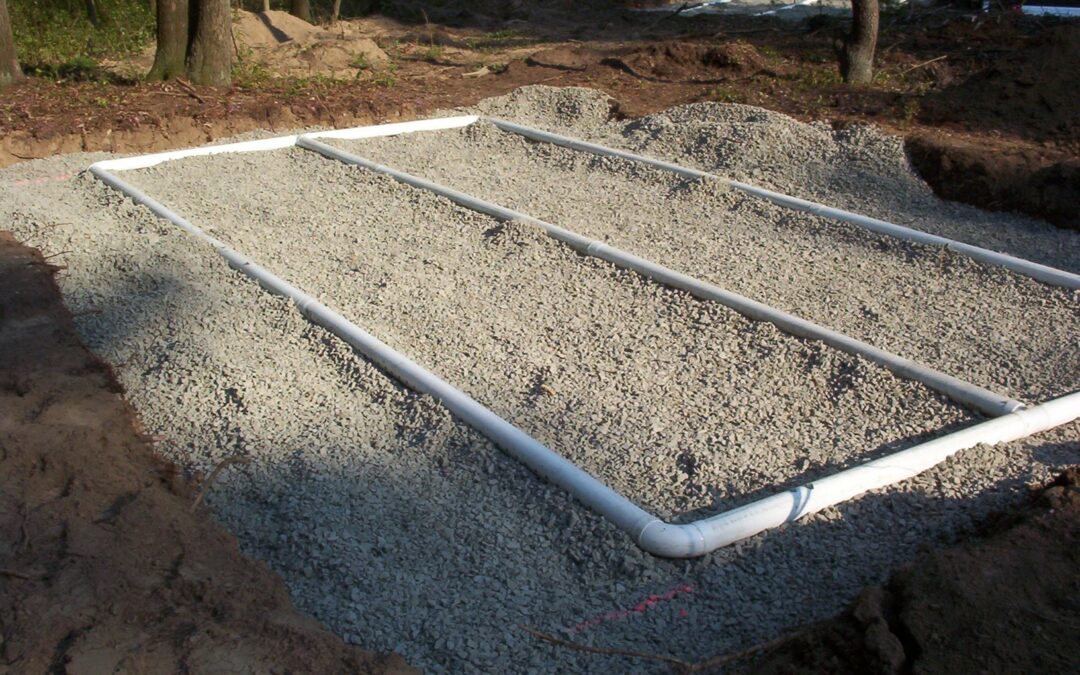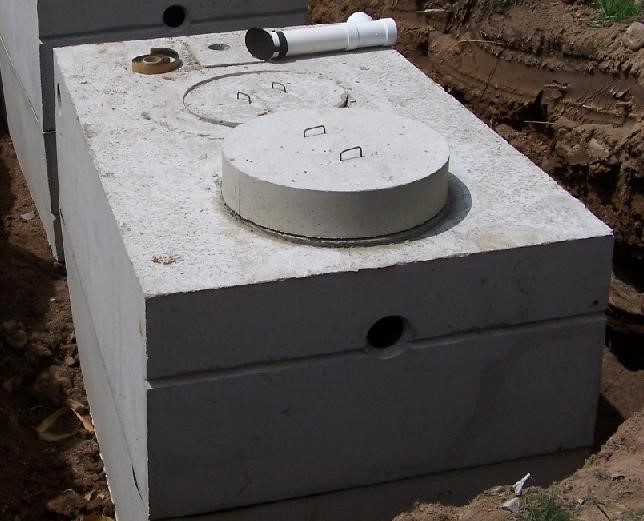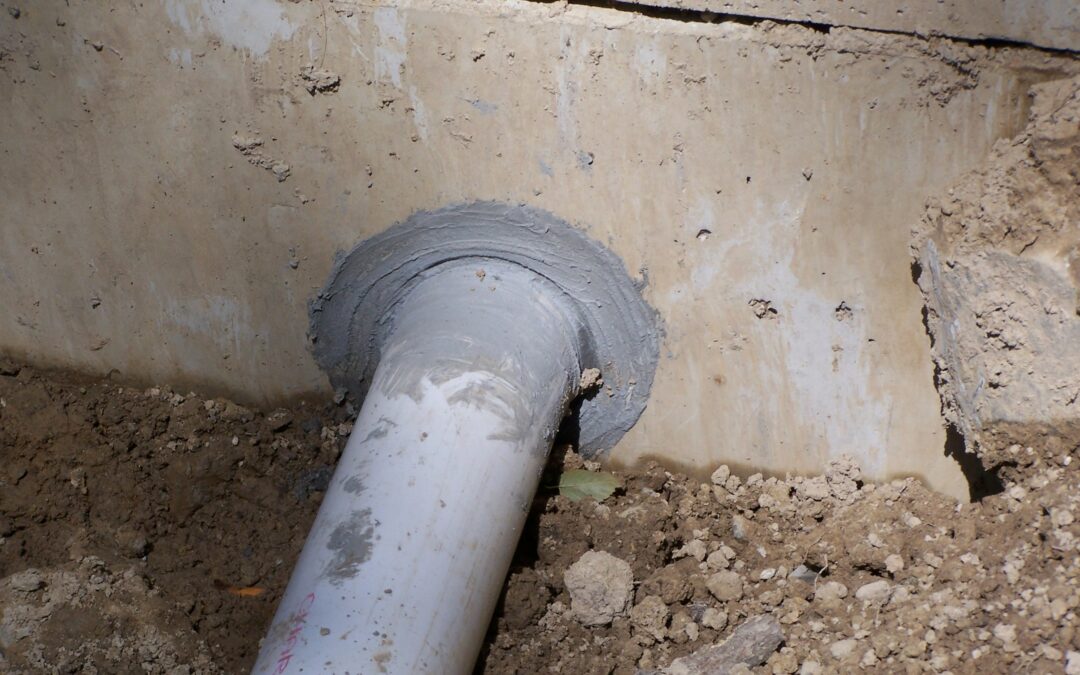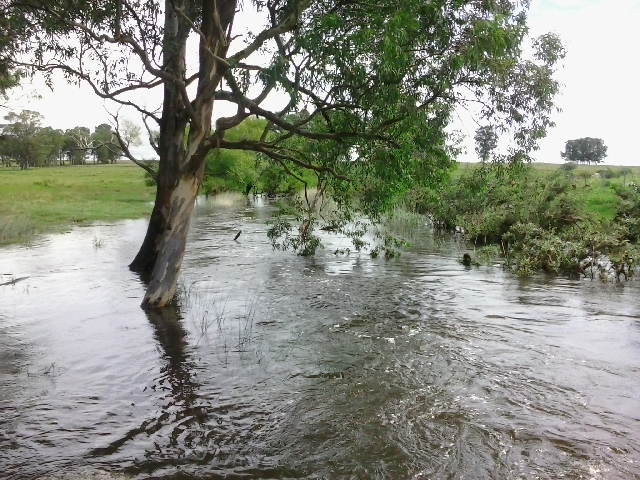
Jun 7, 2022 | Tutorial
PASEO Training Tutorial #3 – Conventional Gravity Distribution Seepage Beds 1.0 Introduction: The quintessential on-lot sewage disposal system is a septic tank and a seepage bed in which gravity delivers the effluent. They have been used for over 200 hundred years...

Jun 6, 2022 | Tutorial
PASEO Training Tutorial #2 — Septic Tanks 1.0 Introduction: A septic tank is one of two types of treatment tanks used to treat on-lot sewage in Pennsylvania. While the other type of treatment tank (aerobic tank or aerobic treatment unit) introduces the sewage to...

May 26, 2022 | Tutorial
PASEO Training Tutorial #1 — Building Sewers 1.0 Introduction: The building sewer is an integral, yet often overlooked, component of a sewage disposal system. An improperly constructed building sewer can result in clogging and sewage back-up into the structure....

May 26, 2022 | Consumer
ACT 537 – AN OVERVIEW OF THE SEWAGE FACILITIES PROGRAM (Source: PA DEP) History of the Act 537 Program Domestic sewage and wastewater are treated and disposed of by various methods, ranging from large municipally-owned sewage treatment plants to community or...

May 26, 2022 | Consumer
Where can I find information on my septic system?Please contact your local health department for additional advice and assistance. For more information on onsite/decentralized wastewater systems, you can visit EPA’s Septic Systems Web site. Do I pump my tank during...






